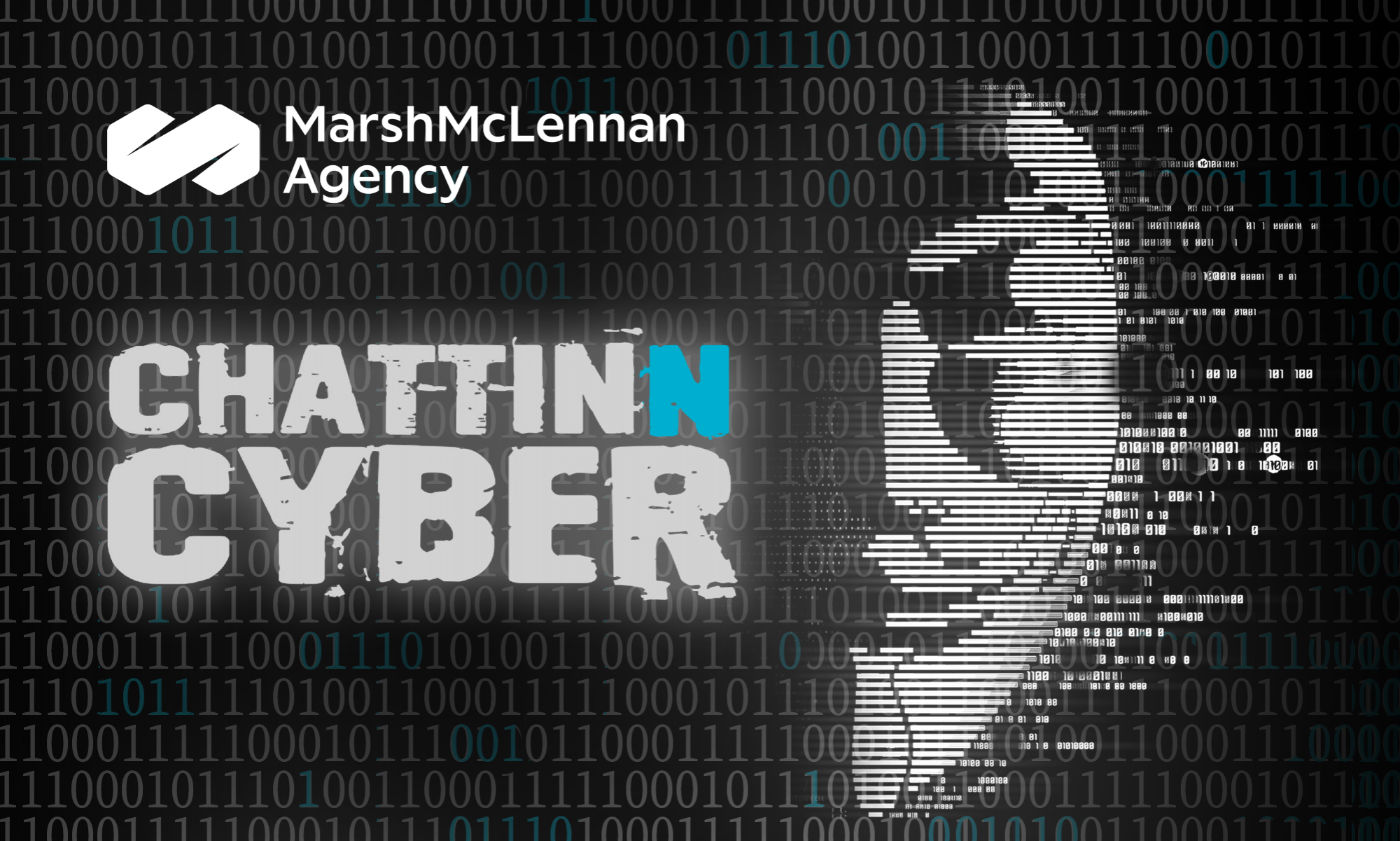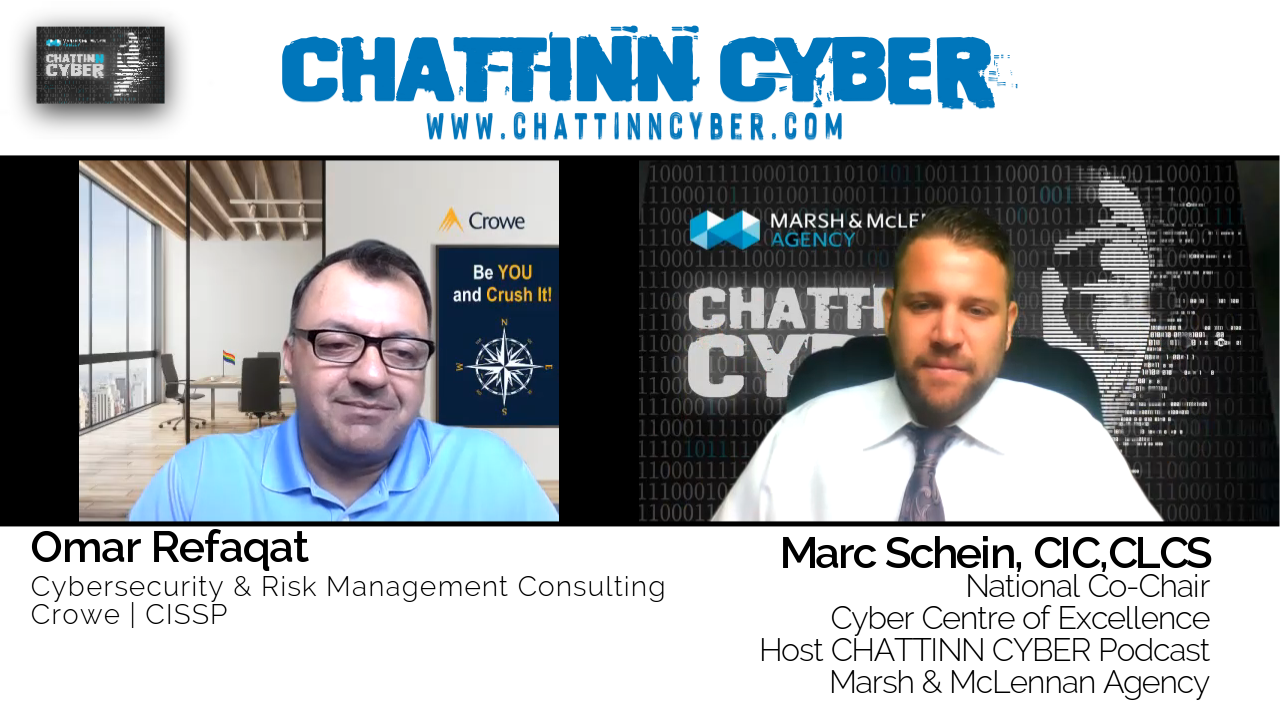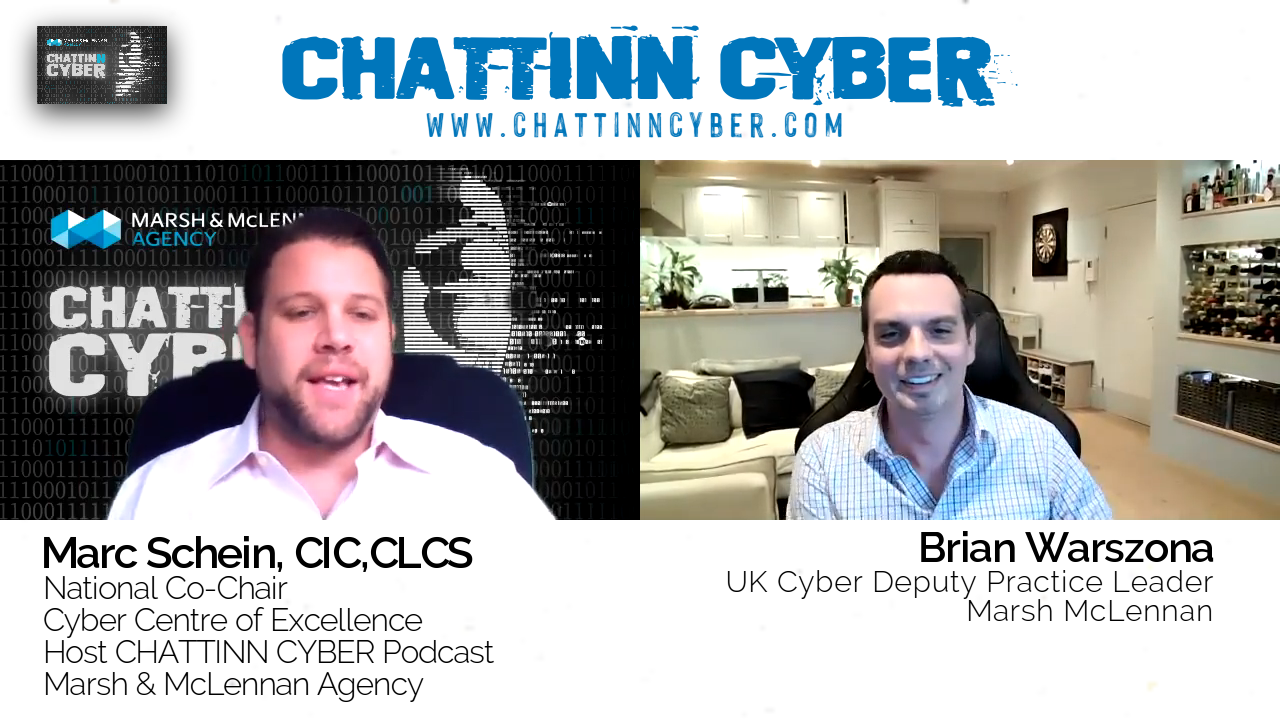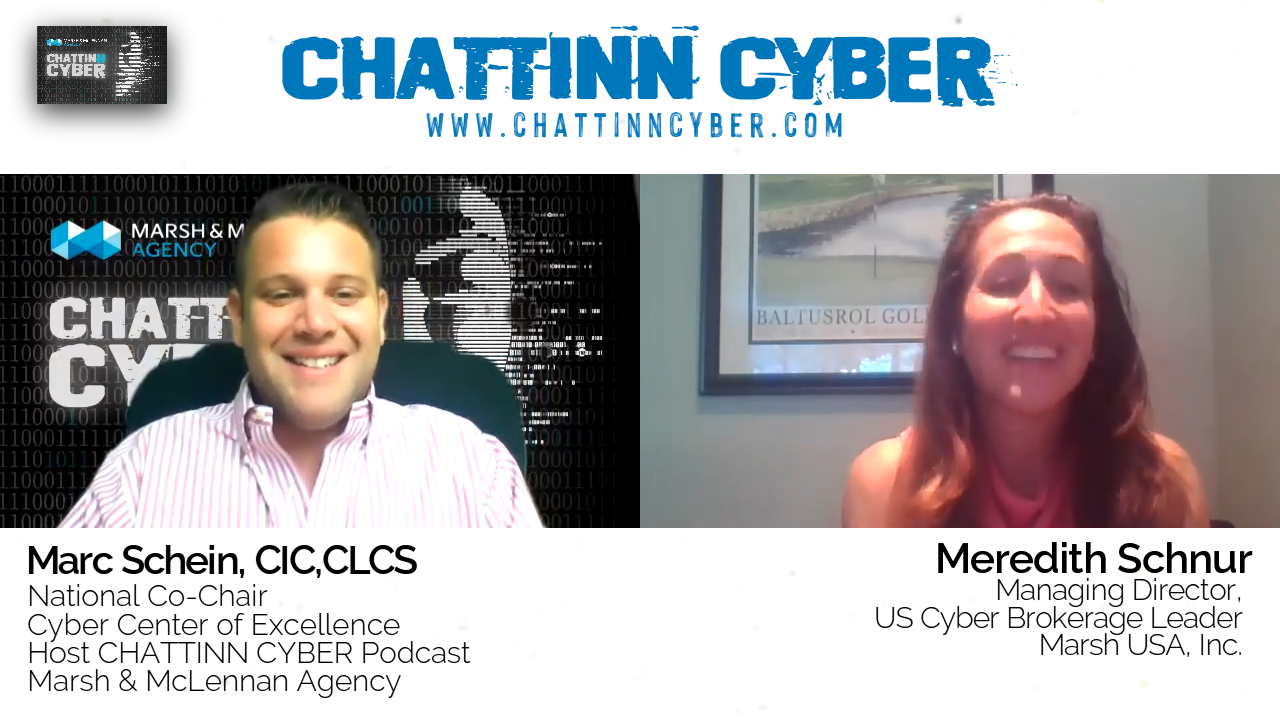Podcast: Play in new window | Download (Duration: 28:08 — 38.6MB)
Subscribe: RSS
In this episode of CHATTINN CYBER, Marc Schein interviews Omar Refaqat, Senior Manager of Crowe’s Cyber & Risk Consulting Practice. Omar has extensive experience working as a #Telecom and Networks Engineer at several successful companies before venturing into cybersecurity.
Omar’s chats about his engineering background which gave him a solid foundation to understand today’s threats, technologies, and opportunities.
Credit card fraud, email fraud, hybrid attacks, and sim spoofing are the different types of attacks increasing every passing day. Omar explains simspoofing is the technique used to defeat MFA multi-factor authentication. In this type of #fraud, attackers redirect the messages or #data from your phone’s sim to their phone so that the authentication code you’re supposed to receive in your phone goes directly to them.
Cryptocurrency and blockchain adoption has exploded. We chat about why there’s so much trust around the two technologies and why people are increasingly drawn to them.
Highlights:
“What we’ve seen over the last decade or so is really a convergence between that and cyber threats and cybercrime.”
“It’s interesting that it’s really a push-pull effect. The banks, central and insurance and credit unions are moving in this direction, but the cloud providers are finally also waking up to the fact that they have this huge industry out there that really wasn’t that excited about their products and services.”
“And that’s the basic technology underlying cryptos. Think of this as a distributed ledger where you don’t need an intermediary to provide that trust. And it’s really that everybody has access to it, you can see what everyone else is doing. And that’s where the trust comes from.”
“What we have seen from our perspective as an accounting firm, we have a risk practice, we have a consulting practice, we have a fairly large audit practice as well. All these things tying together security can no longer be treated as siloed service or applicant application.”
“The way we work with our clients is, as we said, we start with really helping them from the advisory perspective, from a consulting perspective in doing risk assessments, understanding where the technology risks lie in helping them put together those in various programs to help build controls mitigate the risk to the extent that they want to and they need to, and then come in as retirement as an audit practice and make sure that, that ethical framework is is compliant and effective.”
Time-Stamps:
[01:17] – Omar shares his life’s story with us
[03:44] – Omar shares about his time in the finance industry and the convergence of finance and cyber crimes
[06:43] – What is sim spoofing?
[15:15] – What technologies can financial services industries make use of?
[25:38] – Why technology can no longer be seen as a siloed type of service
Connect with Omar:
LinkedIn: https://www.linkedin.com/in/omarrefaqat/



